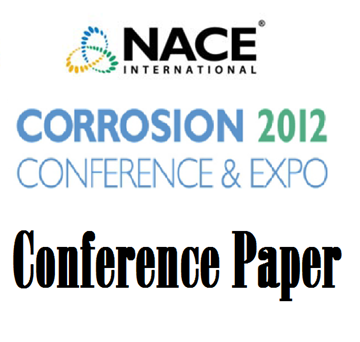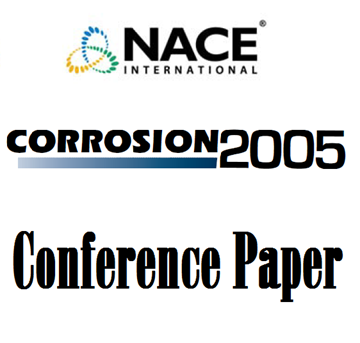Search
51312-01108-A Test to Prescreen Coating Systems Prior To Cathodic Disbondment Testing
Also Purchased
51312-01285-Cathodic disbondment test: What are we testing?
Product Number:
51312-01285-SG
ISBN:
01285 2012 CP
Publication Date:
2012
$20.00
07021 MODIFIED CATHODIC DISBONDMENT TESTING OF EXTERNAL POLYMERIC PIPELINE COATINGS
Product Number:
51300-07021-SG
ISBN:
07021 2007 CP
Publication Date:
2007
$20.00
05029 Practical Analysis of Cathodic Disbondment Test Methods
Product Number:
51300-05029-SG
ISBN:
05029 2005 CP
Publication Date:
2005
$20.00




